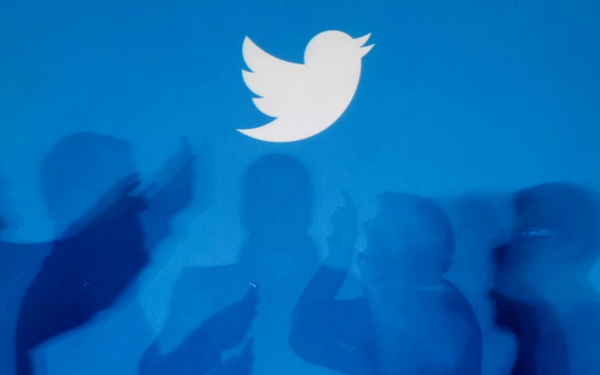A number of widely used Twitter clients, including Tweetbot, Twitterrific, and Echofon, had outages last Friday. Access to user accounts and timelines was denied. At first, it seemed to be a fault in Twitter’s API, but further developments and Twitter’s radio silence have led many to conclude that the company has been intentionally restricting access to third-party applications.
What’s at stake
After Friday night (PST), many Twitter users discovered that they were unable to utilise third-party clients. The developers of the software soon admitted there was a problem and that they had tried to get in touch with the business in question.
As one Japanese programmer pointed out at the time, many smaller Twitter clients were functioning normally. People in the community have hypothesized that the corporation is restricting access for bigger customers or that there is a problem with the API.
The death of radio
Users and developers were expecting some kind of response from Twitter, but instead they were met with radio silence from the business and its new owner, Elon Musk. But the CEO of Tesla tweeted about anything from the recent launch of the Falcon Heavy to increasing Twitter’s openness by making the platform’s tweet suggestion code public.
The Information revealed over the weekend that internal Twitter conversations suggested that the decision to suspend some third-party clients was deliberate rather than the result of a malfunction. In the report, it was said that one project manager informed the product team that the firm had “started to work on communications,” but that no formal or authorised communication timetable was provided.
The Anguish of the Programmers
Many programmers have taken to social media platforms like Twitter and Mastodon to vent their anger at the ongoing drama. Creator of Twitterific Craig Hockenberry wrote an entry titled “The Shit Show” on his blog, in which he said, “Personally, I’m done. And with a resounding roar.
On Twitter, Fenix creator Matteo Villa stated he is contemplating removing the client from the App Store, despite the fact that it is currently functional, out of concern that it may cease functioning in the future.
Paul Haddad, co-creator of Tweetbot, even attempted reloading the app using outdated API credentials. Eventually, some people figured out the secret and were able to get into their accounts. Users began reaching an API limit, though, and the client was eventually halted once again.
For all users, iOS developer Mysk reported that Tweetbot has reached the limit of 300 posts every 15 minutes, which was applicable for old v1.1 API.
They had previously developed a sample client to demonstrate that the suspension of third-party applications was not the result of a flaw in Twitter’s API.
If Twitter did prohibit third-party clients, many of these creators were worried about how to handle refunds for those who had subscribed to the pro or premium versions of their applications. That would reduce their yearly revenue and force them to create new goods at a loss.
Future steps
Some of the builders have already signalled their intention to shift focus. Haddad told that Tweetbot is prioritising the rapid release of its Mastodon client Ivory, which is presently in a closed beta.
The current priority, he added, is improving the onboarding process, followed by bug fixes and an App Store rollout.
Villa has also made available a beta version of his Mastodon client Wolly on Apple’s testing service Testflight.
Other developers are also in a dire position. Some independent developers, like iOS developer Adam Demasi, may have a tough time if their main product is a Twitter client.
Many developer-focused Twitter initiatives, such as the Twitter Toolbox for app discovery, have been discontinued since Musk assumed control of the business last year. Even if the corporation hasn’t made an official announcement, some additional initiatives may have been abandoned. In light of Twitter’s lack of transparency over the future of its platform support, developers have been hesitant to commit to a certain development strategy.
The social network has lost the confidence of developers as a result of these types of actions, which have undermined its efforts over the last several years. Former Twitter director of developer platforms Amir Shevat said last month that the new leadership had betrayed the confidence of the company’s developers. This suspicious suspension of Twitter’s third-party clients without warning won’t inspire trust.

Subtly charming pop culture geek. Amateur analyst. Freelance tv buff. Coffee lover
